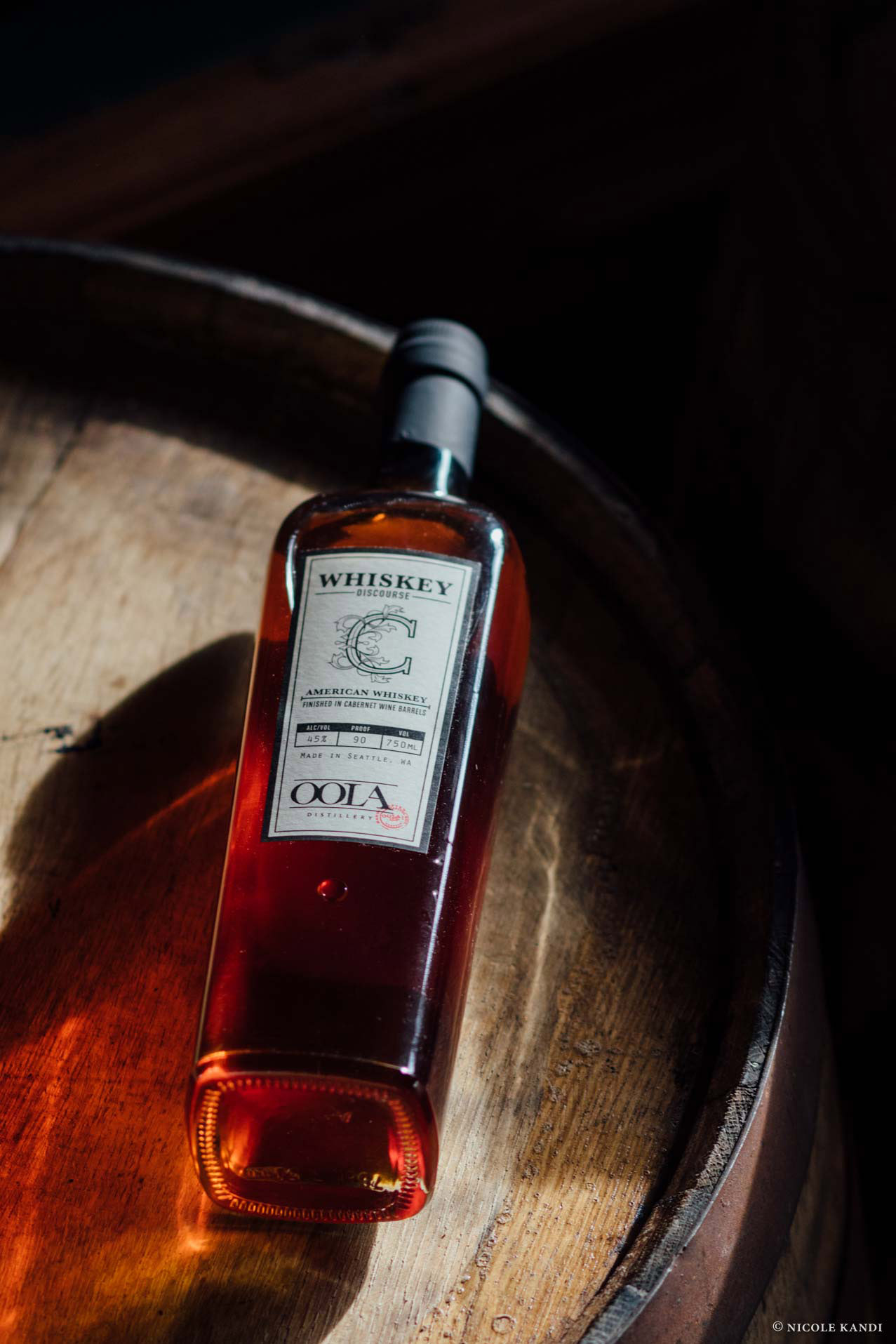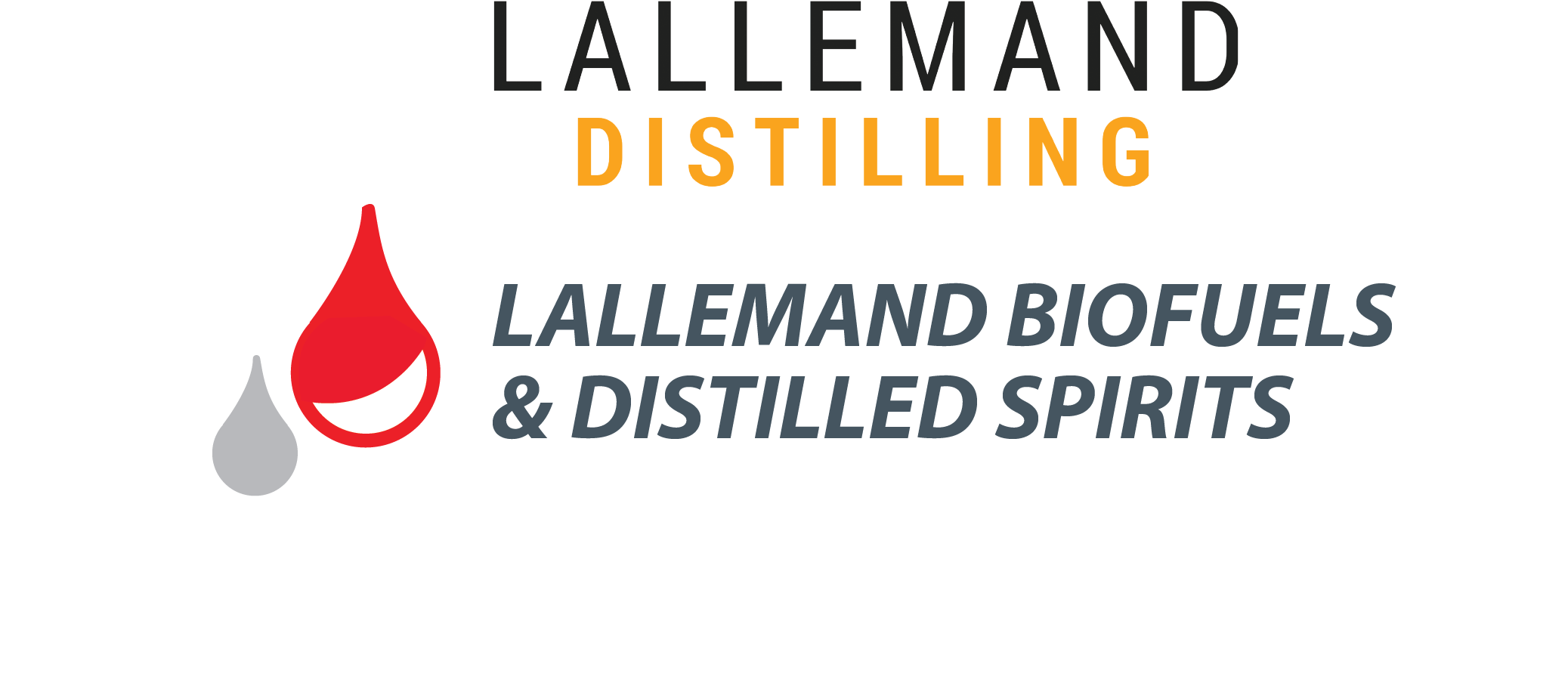Landmark Support Marks Major Victory in Fight to Reduce Federal Excise Tax
WASHINGTON, DC (October 3, 2016) – With the addition of United States Senators Barbara Boxer (D-CA), Heidi Heitkamp (D-N.D.) and Joni Ernst (R-IA), the Craft Beverage Modernization and Tax Reform Act, S. 1562, now has a clear majority of Senators in support of the legislation with 51 co-sponsors. The groundswell of support in the Senate is echoed by growing support in the U.S. House, where the number of supporters behind H.R. 2903, the companion to the Senate bill, has now reached 284 co-sponsors.
The growing community supporting the bill indicates the clear need for modernization within the tax code and parity for the growing distilling community, whose numbers are currently at an all-time high since before Prohibition, with approximately 1,400 craft distilleries across the U.S. Under the Craft Beverage Modernization and Tax Reform Act, craft spirit distillers will be provided parity with the craft brewers and vintners by paying a reduced Federal Excise Tax – a benefit both craft brewers and vintners have enjoyed now for decades.
The American Craft Spirits Association (ACSA) and its members are working hard to continue to rally for additional support from the Senators and Members of Congress who are not yet co-sponsors of the bill. Last this week, ACSA joined a handful of industry partners, including the Brewers Association, Beer Institute, Wine America, Wine Institute, and the Distilled Spirits Council to rally support in Washington during a “Beer, Wine, Spirits & Jobs Reception” on Sept. 28. The event included more than 300 representatives from the Hill, including Members of Congress, Chiefs of Staff, and Tax staff. During the reception, Rep. Erik Paulsen (R-MN) spoke to importance of a tax relief legislation, recognizing a reduced tax for the industry would grow more jobs, create more manufacturing, plant more grain, and increase tourism. Paulsen also noted that he intends to keep up the momentum for FET legislation now that the number of cosponsors has passed the majority, and has rallied bipartisan support.
ACSA Board President & FEW Spirits Founder Paul Hletko, who traveled in from his distillery in Evanston, IL to generate additional support noted, “While the craft distilling community is encouraged by reaching a landmark achievement in the fight for a reduction in FET, we will continue to press Congress to do the right thing and pass this historic legislation. A drink is a drink is a drink, and parity with beer and wine is long overdue.”
Over the past two years, the American Craft Spirits Association (ACSA) has worked tirelessly to aid the craft distiller by reducing the unfairly high Federal Excise Tax (FET) that continues to limit the economic success of our nation’s distillers. Taxes on distilled spirits are among the nation’s highest, comprising 54% of the typical spirits product’s purchase price. Craft spirits producers remain disadvantaged compared to our nation’s craft brewers and small wineries who receive a significant reduction in their FET rate. In fact, a craft spirits producer pays 5.4 times more FET than a craft brewer, and 16.4 times more FET than a small winery, for equal quantities of beverage alcohol.
ABOUT ACSA
The American Craft Spirits Association is the only registered non-profit trade association representing the U.S. craft spirits industry. Its mission is to elevate and advocate for the community of craft spirits producers, and membership in ACSA is open to anyone.
ACSA is governed by a Board of Directors elected by the eligible voting members of the Association. Voting members must be independent, licensed distillers (DSPs) annually removing fewer than 750,000 proof gallons from bond (the amount on which a Federal Excise Tax is paid.) For information about ACSA, call 202-669-3661.
# # #



